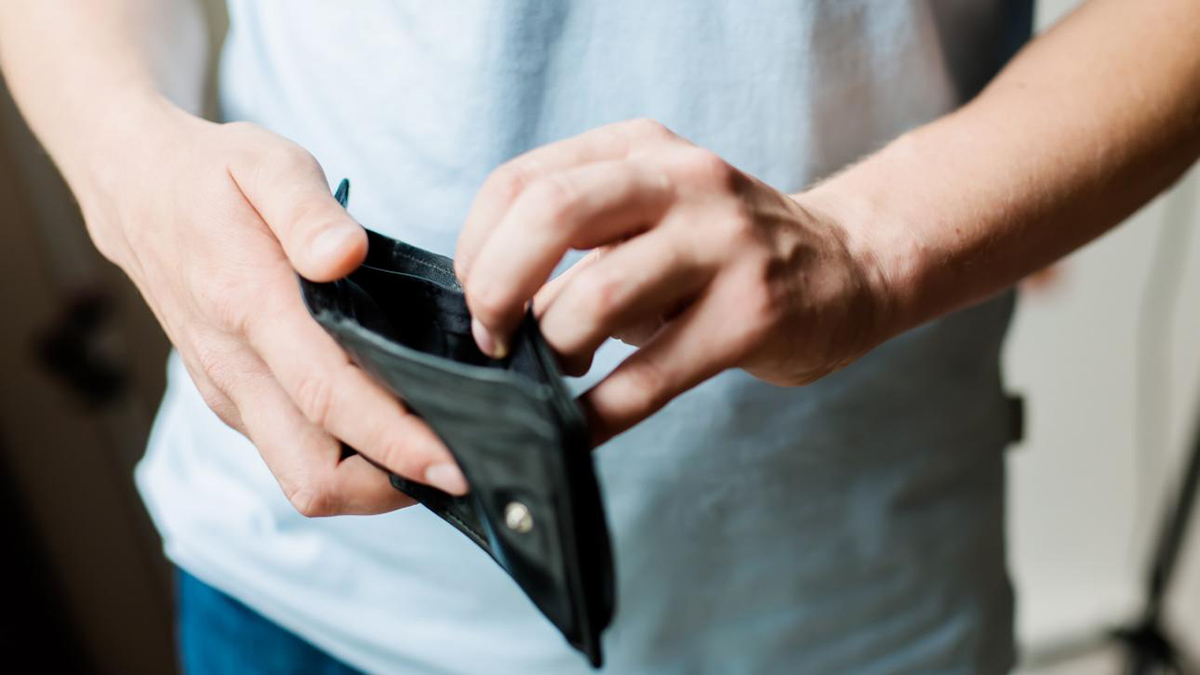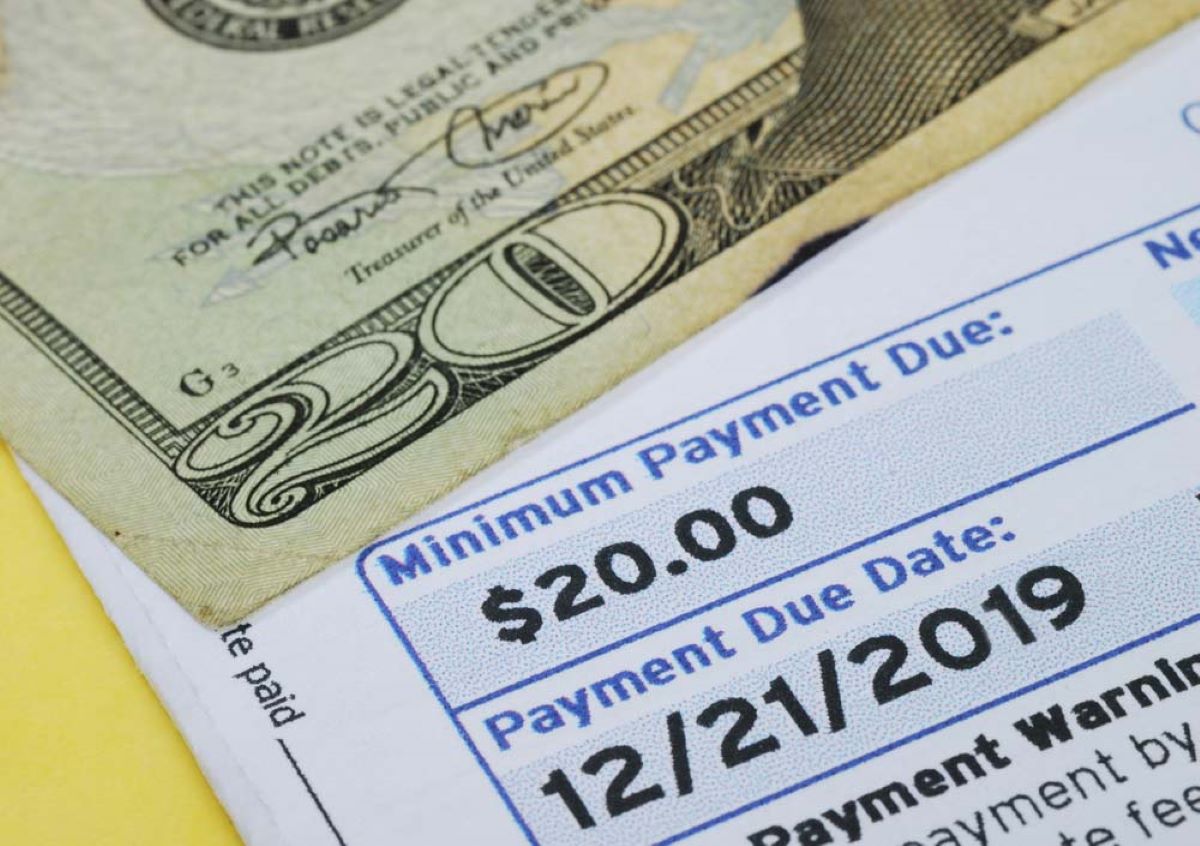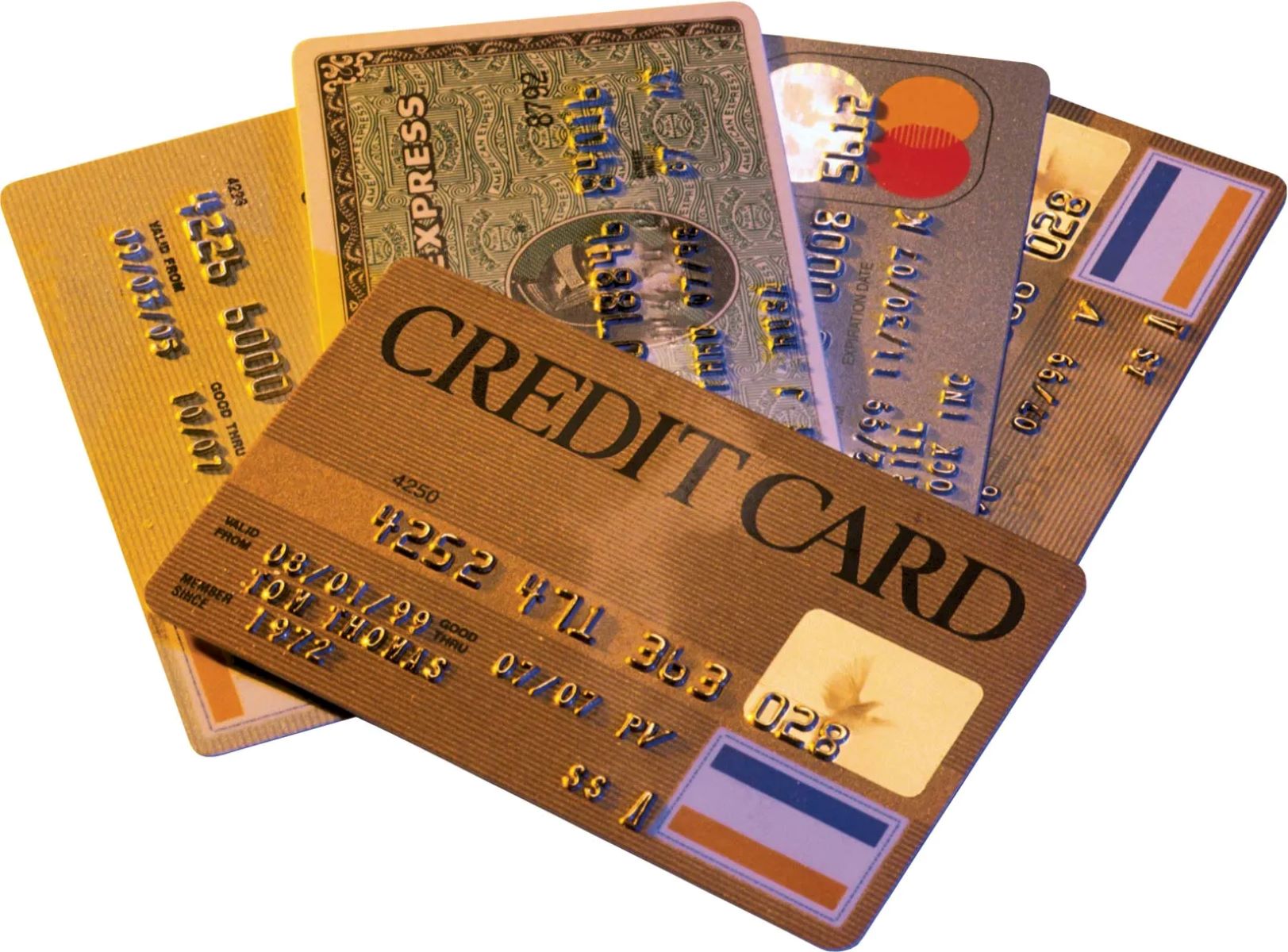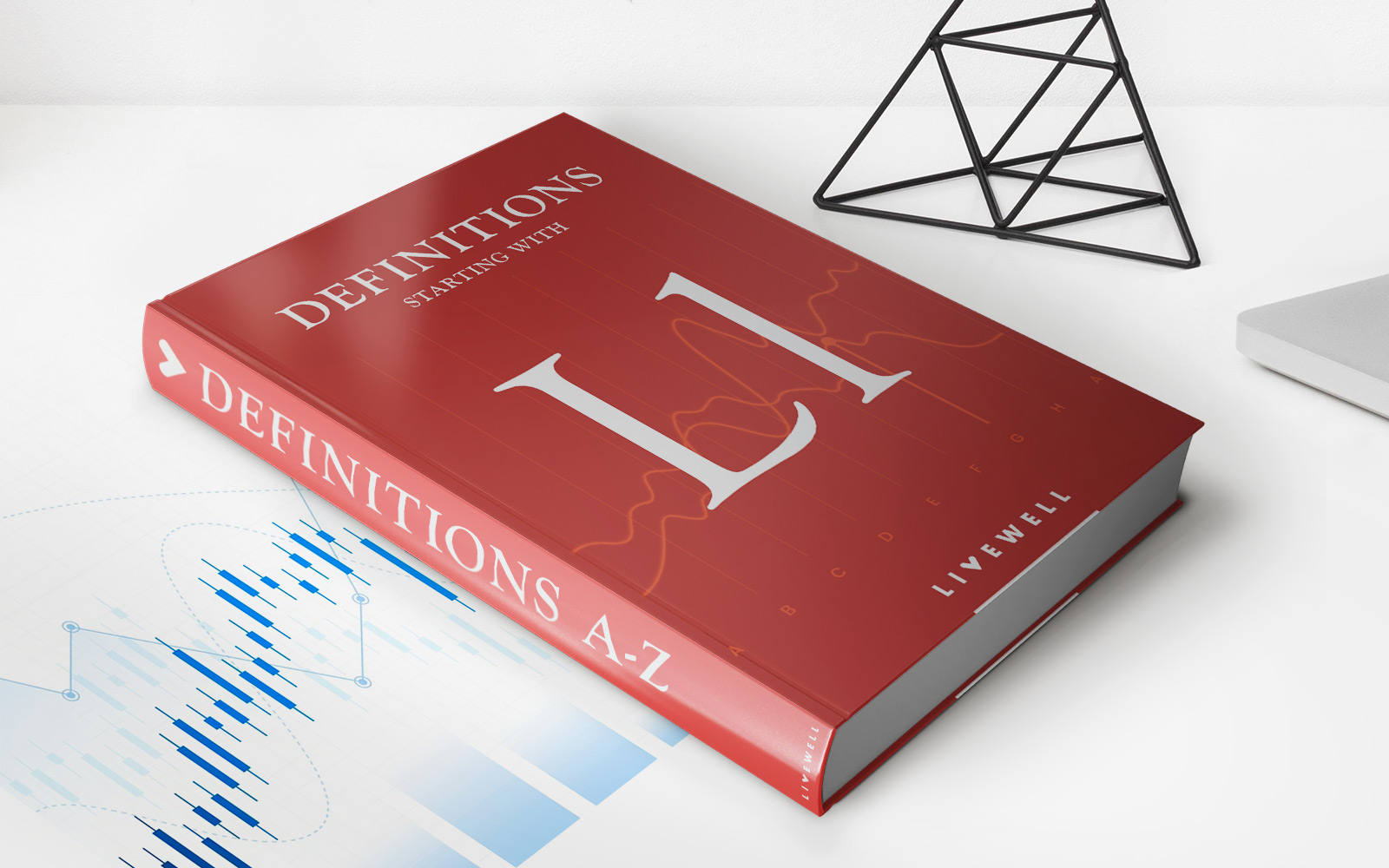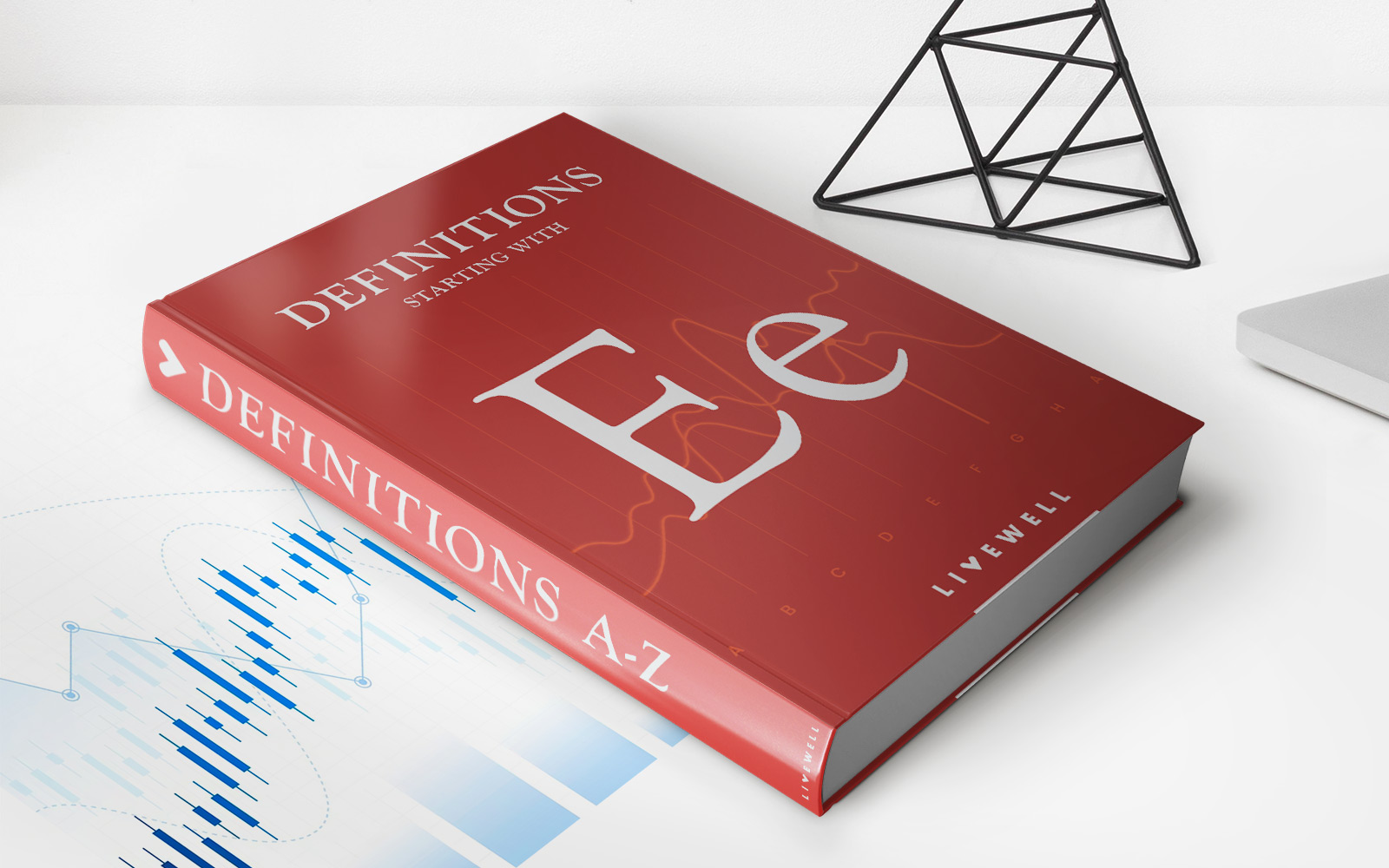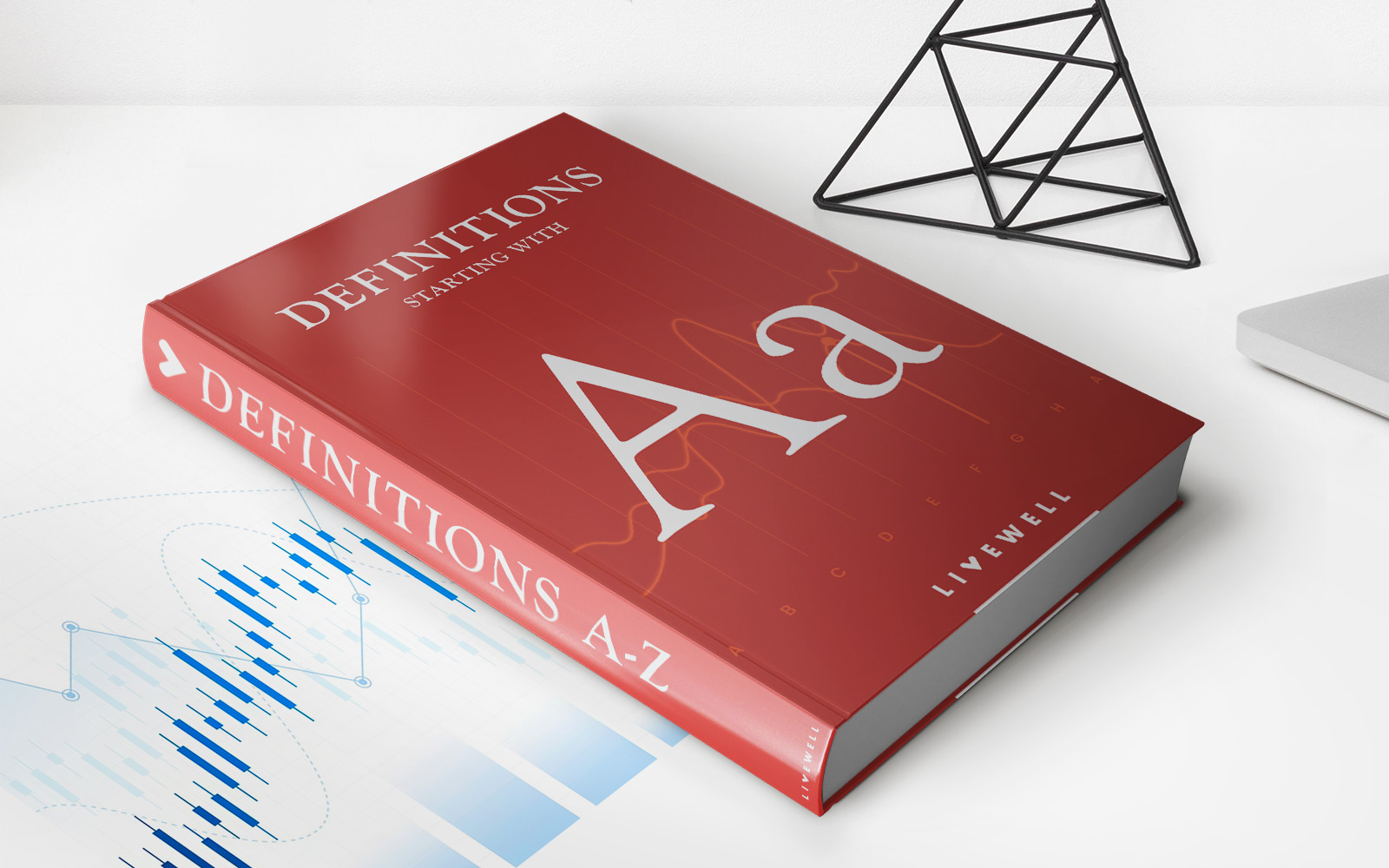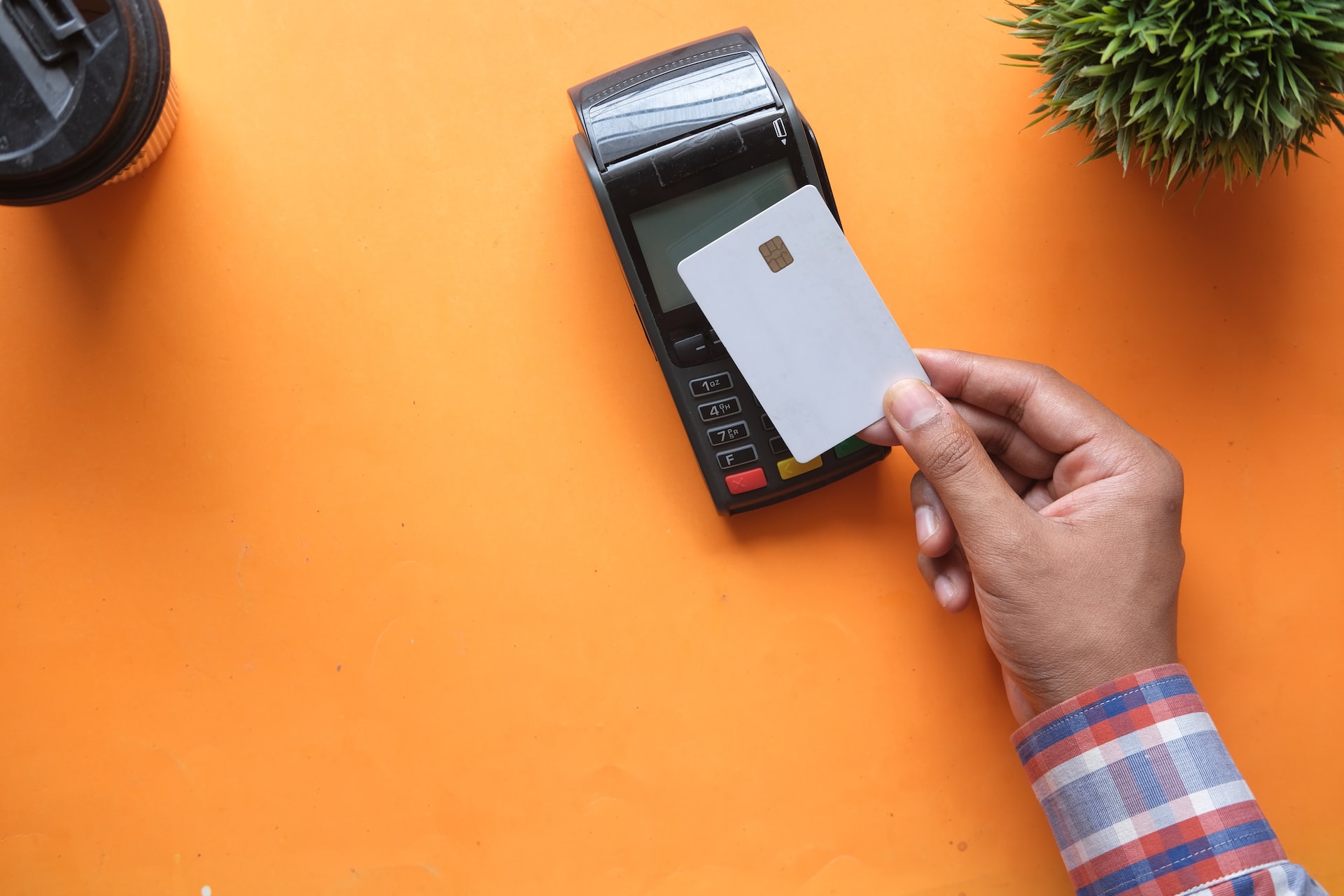

Finance
What Happens If I Overpay Credit Card
Published: October 25, 2023
Discover the consequences of overpaying your credit card and learn how it impacts your finances. Find out what to do if you've accidentally overpaid your credit card balance.
(Many of the links in this article redirect to a specific reviewed product. Your purchase of these products through affiliate links helps to generate commission for LiveWell, at no extra cost. Learn more)
Table of Contents
Introduction
Credit cards have become an integral part of our financial lives, offering convenience and flexibility in managing expenses. However, there are instances when we may accidentally overpay our credit card balance. Whether it’s due to a miscalculation, confusion over the billing cycle, or simply an excess payment, it’s important to understand what happens when you overpay your credit card.
In this article, we will explore the concept of overpaying credit cards, the potential consequences of doing so, and how it can impact your credit score. Additionally, we will provide guidance on obtaining refunds for overpaid amounts and offer tips on avoiding overpayment of credit cards in the future.
While it may seem like a harmless mistake, overpaying your credit card can have unintended consequences. Being aware of these implications can help you navigate your financial management more effectively and ensure that you make the most of your credit card benefits.
So, let’s delve deeper into the world of credit cards and explore what happens when you overpay your credit card balance.
Understanding Overpaying Credit Card
Overpaying your credit card occurs when you make a payment that exceeds the outstanding balance on your card. This can happen due to various reasons, such as misunderstanding your billing statement, making multiple payments within a short period, or simply making a larger payment to reduce your debt.
One common scenario is when you make a payment based on your previous statement balance without accounting for any recent transactions or charges. This can result in overpayment if you’ve made additional purchases since your last statement was generated.
Another situation arises when you decide to pay more than your minimum payment or pay off your entire balance in one go. While it may seem like a good idea to reduce your debt, it can lead to unintended consequences.
It’s important to note that overpaying your credit card is not the same as paying your balance in full. Paying your balance in full means clearing the entire amount due on your statement, while overpayment refers to paying an amount that exceeds the statement balance.
When you overpay your credit card, the excess amount is treated as a credit or negative balance on your account. It essentially means that you have pre-paid your expenses, and the credit will be used to offset future charges until it is fully utilized.
While it may seem like a favorable situation to have a credit balance, it’s important to understand the potential consequences and how it may affect your credit score and overall financial management.
Possible Consequences of Overpaying Credit Card
While overpaying your credit card may seem like a harmless mistake, it can have a few potential consequences that you should be aware of:
- Reduced reward points or cashback: Many credit card companies offer rewards programs based on your spending. When you overpay your credit card, the excess amount may not be considered eligible for earning rewards. This means you could miss out on valuable cashback or reward points that you would have earned if you had used that money for regular purchases.
- Loss of interest: If you overpay your credit card, you effectively lend money to the credit card company interest-free. This means you forego the opportunity to earn interest on that amount by keeping it in a savings account or investing it elsewhere. While the loss may not be significant for small overpayments, larger amounts can add up and impact your overall financial wellbeing.
- Difficulty in obtaining a refund: While credit card companies generally allow refunds for overpaid amounts, the process can sometimes be cumbersome. You may need to contact customer service, provide evidence of the overpayment, and wait for the refund to be processed. This can be especially frustrating if you need the funds urgently.
- Potential for account freeze: In some cases, overpaying your credit card can trigger a security measure from the credit card company. They may freeze your account temporarily to investigate the overpayment and ensure it’s not a fraudulent transaction. While this is done to protect your financial security, it can cause inconvenience if you rely heavily on your credit card for day-to-day expenses.
- Delayed payment allocation: When you overpay your credit card, the excess amount is held as a credit on your account. This means that any future purchases or charges will be deducted from the credit before reflecting on your statement balance. As a result, it can create confusion and delay in understanding your actual outstanding balance and managing your finances effectively.
Understanding these potential consequences can help you make informed decisions when it comes to managing your credit card payments and avoid the unnecessary drawbacks of overpaying.
Impact on Credit Score
One of the most significant concerns when it comes to overpaying your credit card is the potential impact on your credit score. Your credit score is a crucial factor that lenders consider when deciding whether to grant you credit, such as a loan or a mortgage. It also affects the interest rates and terms you receive.
Fortunately, the impact of overpaying your credit card on your credit score is generally minimal, if any. In most cases, credit card companies report the balance on your statement to credit bureaus. As long as your statement balance is not negative, the credit bureaus will most likely consider your payment history as positive and reflect it in your credit score.
However, there are a few scenarios where overpaying your credit card can have a negative impact on your credit score:
- Negative balance reporting: If your credit card issuer reports the negative balance on your account to the credit bureaus, it can potentially lower your credit score. This is because having a negative balance may be interpreted as not utilizing your credit facilities effectively or as a sign of financial mismanagement.
- Lower credit utilization ratio: Your credit utilization ratio is the percentage of your available credit that you utilize. Overpaying your credit card can reduce your credit utilization ratio to zero or even negative, which may not be ideal for building a strong credit history. Creditors typically prefer to see a moderate credit utilization ratio (below 30%) as it demonstrates responsible credit usage.
It’s important to note that the impact on your credit score from overpaying your credit card is usually temporary and can recover quickly once you resume making regular payments and maintain a healthy credit utilization ratio.
In general, while overpaying your credit card may not have a significant negative impact on your credit score, it’s still essential to monitor your credit reports regularly and ensure that all reported information is accurate.
By understanding the potential impact on your credit score, you can make informed decisions about managing your credit card payments and strive to maintain a healthy credit profile.
Obtaining Refunds for Overpaid Amount
If you have accidentally overpaid your credit card, you have the right to seek a refund for the excess amount. Here’s what you need to do to obtain a refund:
- Review your credit card statement: Carefully go through your credit card statement to confirm and document the overpayment. Make a note of the exact amount that has been overpaid.
- Contact customer service: Reach out to your credit card issuer’s customer service department either by phone or through their online chat or email support. Explain the situation and provide them with the details of the overpayment and any supporting documentation you have.
- Follow their instructions: The customer service representative will guide you through the process of obtaining a refund. They may ask you to provide proof of the overpayment, such as a bank statement or transaction history, to verify the excess payment.
- Provide necessary documentation: If required, submit the requested documents to the credit card issuer as per their instructions. Be sure to keep copies of all communication and documentation for your records.
- Wait for the refund to be processed: Once your request is submitted, the credit card issuer will review the information and process the refund. The time it takes for the refund to be credited back to your account will vary depending on the credit card issuer and their internal processes. It’s best to follow up with the customer service department to ensure the refund is processed in a timely manner.
It’s important to note that the refund process for overpaid credit card amounts may vary among different credit card issuers. Some may initiate the refund automatically, while others may require you to contact them and request the refund explicitly. Pay attention to any specific instructions provided by your credit card issuer to ensure a smooth refund process.
Remember, it’s always a good idea to double-check your credit card statement and ensure that the correct refund amount has been credited back to your account. Having a clear understanding of the refund process can help you rectify any discrepancies and recover your overpaid funds without undue delay.
Avoiding Overpayment of Credit Card
To prevent the inconvenience and potential consequences of overpaying your credit card, here are some tips to help you avoid overpayment in the future:
- Review your credit card statement: Always carefully review your credit card statement before making a payment. Check for any outstanding charges or transactions that may not have been included in your previous statement. This will ensure that you have an accurate understanding of your current balance.
- Set up balance alerts: Take advantage of the notification features offered by your credit card issuer. Set up balance alerts to receive notifications when your statement is generated or when your payment is due. This will help you stay informed and avoid miscalculations.
- Monitor your transactions: Regularly monitor your credit card transactions online or through mobile banking apps. This will allow you to stay on top of your spending and detect any discrepancies or unauthorized charges promptly.
- Automate minimum payments: Consider setting up automatic minimum payments for your credit card. This ensures that you make at least the minimum required payment by the due date, helping you avoid late fees and penalties. However, be cautious not to rely solely on automatic payments and make sure you review your statement for the full outstanding balance.
- Double-check payment amounts: Take a moment to double-check the payment amount before submitting it. Ensure that you input the correct figure and verify that it matches your intended payment.
- Pay attention to payment deadlines: Familiarize yourself with your credit card’s billing cycle and payment due dates. Mark these dates on your calendar or set reminders to ensure that you make your payments on time and avoid any confusion or rush to make last-minute payments.
- Seek clarification: If you have any doubts or questions regarding your credit card balance or payment, don’t hesitate to reach out to your credit card issuer’s customer service. They will be able to assist you and provide guidance to ensure that your payments are made accurately.
By implementing these strategies, you can minimize the risk of overpaying your credit card and streamline your financial management. Being proactive and attentive to your credit card activity will help you maintain control over your payments and avoid any unnecessary hassle or financial complications.
Conclusion
Accidentally overpaying your credit card can happen to anyone, but understanding the consequences and taking proactive measures can help you avoid unnecessary complications. While overpaying may not have a significant impact on your credit score, it can result in the loss of potential rewards, interest earnings, and delays in managing your finances.
If you find yourself in a situation where you have overpaid your credit card, take prompt action by reviewing your statement, contacting customer service, and following their instructions to obtain a refund. Be sure to keep records of all communication and documentation throughout the process.
To prevent overpayment in the future, make it a habit to carefully review your credit card statement, set up balance alerts, monitor your transactions, and automate minimum payments. Double-checking payment amounts and paying attention to payment deadlines can also help you avoid overpaying.
By staying vigilant and proactive, you can ensure that you make accurate payments and effectively manage your credit card balance. Remember to seek clarification from your credit card issuer’s customer service if you have any questions or concerns regarding your payments.
Overall, overpaying your credit card can be a minor setback, but with awareness and careful attention, you can navigate your financial journey smoothly, maximize the benefits of your credit card, and maintain a healthy credit score and financial wellbeing.
